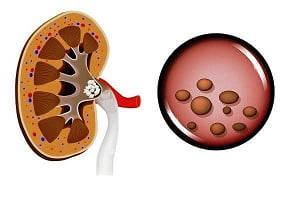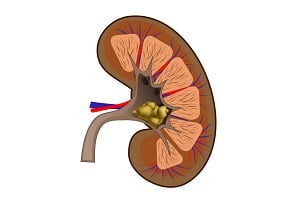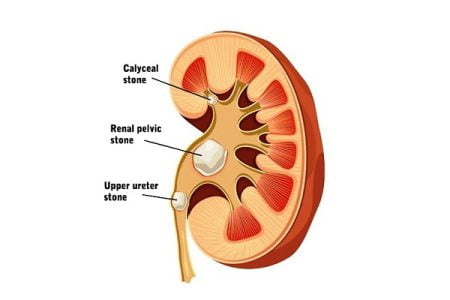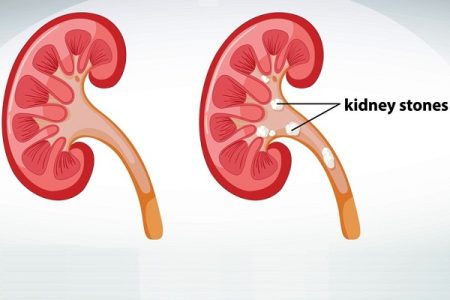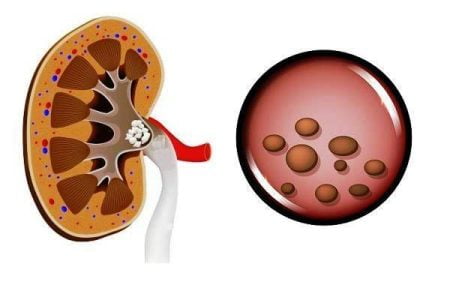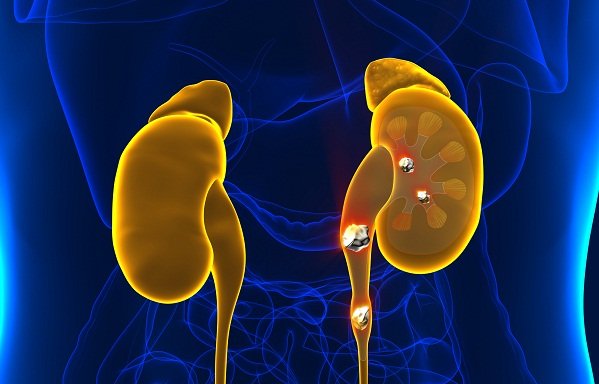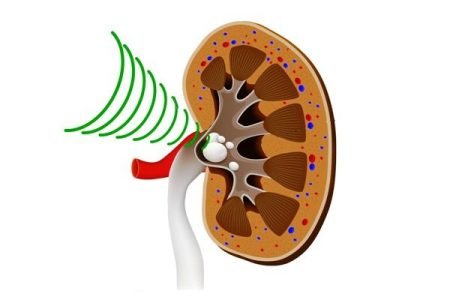Browsing: Kidney Stones
Comprehensive Information, Resources, and Support on Kidney Stones
The kidney stone diet may include various food items that may help in the prevention of kidney stones. Some of these food items may include Vegetables, citrus fruits, foods with a high calcium source, low oxalate fruits and vegetables, plant-based proteins, and plenty of fluids.
Earlier, surgery to remove a kidney stone was necessary, which had a recovery time of 4 to 6 weeks. However, treatment for these stones has greatly improved now, and many options do not require major open surgery and can be performed on an outpatient basis. Kidney stones can be removed surgically via different procedures, including Shockwave Lithotripsy (SWL), Ureteroscopy, Percutaneous Nephrolithotomy (PCNL), and Open Surgery.
Kidney stones occur in various forms and sizes. Large kidney stones can be more painful and cause severe complications. Small kidney stones usually pass with urine naturally on their own. The stones that are large in size may get stuck as they exit the renal pelvis or take longer to move through the ureter, causing severe pain and other symptoms.
How Are Kidney Stones Formed?
When concentration of stone forming substances increases in the kidneys, they start gathering together. This results in the formation of tiny crystals through a process known as precipitation. These crystals grow and form large hard insoluble substances over time and are called kidney stones.
What Do Kidney Stones Look Like: Shape, Size, Color and Composition?
Kidney stones have variable appearances. They may vary with respect to their color, size and shape. The size of kidney stones can range from small sized crystals to large sized stones such as the size of a golf ball. Usually, small-sized stones can easily pass through the urinary tract without any medical assistance.
Passing a Kidney Stone With Urine
Most kidney stones ultimately pass from the kidney through the urethra on their own. However, treatment is needed to control pain from kidney stones because the pain can be severe. The passage of kidney stones can sometimes occur easily with the urine but it can be a dreadful event in some cases.
Uric Acid Kidney Stones
Uric acid kidney stones are one of the major forms of kidney stones found in your body. Uric stones develop when there is too much uric acid in your body. Uric acid is a waste product generally excreted in urine. In normal conditions, uric acid gets out of your body when it is diluted by your urine. However, when there is too much uric acid in your body it starts making crystals of itself.
Kidney Stones (Renal Calculi): Causes, Symptoms, Diagnosis, Treatment
Kidney stones, also called renal calculi, are small crystalline deposits which are made up of minerals and salts in the kidneys. These stones can range from very small size to large sized stones. Generally, kidney stones are nearly harmless when they are present in the kidneys, but cause pain as they travel down through ureters.
If you have kidney stones, you experience severe abdominal pain that radiates to your lower back. Sometimes, you may have blood in your urine (hematuria). In order to relieve the symptoms, you can try certain options to treat your kidney stones. There are some home remedies that can help dissolve kidney stones naturally and fast.
Shock Wave Lithotripsy (SWL)
Shock Wave Lithotripsy is the most commonly used medical procedure for the treatment of certain types of kidney stones and stones in other organs, such as your gallbladder or liver.






